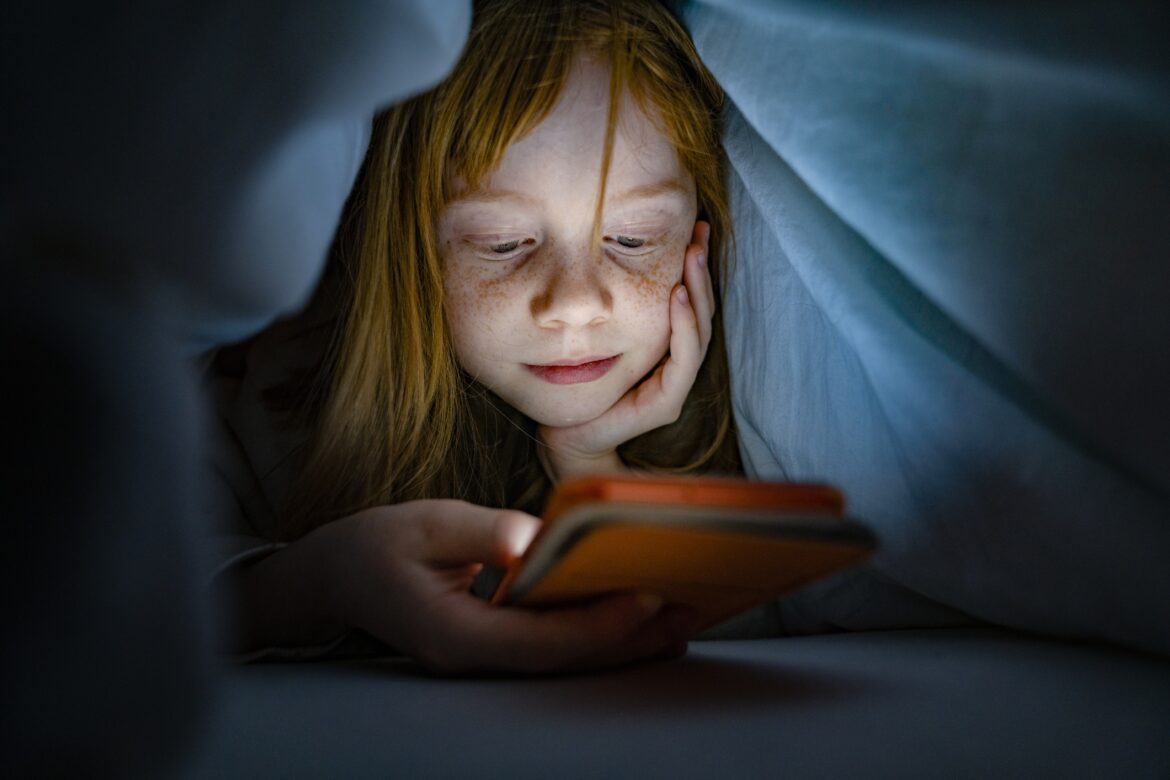Prolonged social media usage is worsening various issues among children in the UAE with kids spending around three hours daily on these platforms.
The heightened challenges include increased anxiety, attention difficulties, academic struggles, and, in certain instances, speech delays.
Experts explained social media platforms stimulate the release of dopamine in the brain, encouraging repeated engagement. The shares, likes, and comments on these platforms activate the brain’s reward centre, creating a sensation similar to the pleasure experienced during gambling or substance use, leading to continued user return.
Average of 8.4 social media accounts
The Middle East and North Africa (Mena) region reportedly boasts some of the highest per capita adoption rates of social media networks. Users in Mena have an average of 8.4 social media accounts.
According to research done in the recent past from the ASDA’A BCW Arab Youth Survey, the Mena region’s top five countries in terms of TikTok reach include the UAE, Saudi Arabia, Kuwait, Qatar, and Iraq.
Dr Adnan Ahmadiazad, specialist psychiatrist, Thumbay University Hospital, said: “The amount of time children spend on screens engaging in social media can vary widely depending on individual factors such as age, personal preferences, and parental supervision. However, research suggests that many children and adolescents spend several hours per day on social media platforms, with some studies indicating an average of around 2-3 hours daily.”
Average of around 6-8 hours daily
He explained however this figure can be significantly higher for some individuals, particularly older teenagers. “They may spend upwards of 6-8 hours or more per day on social media.”
Globally, Facebook and YouTube are the most used social media platforms today. Saudi Arabia, Iraq, and Egypt rank among the top 15 largest national markets for Snapchat.
Meanwhile, medics emphasised complaints from patients regarding increased social media usage among children revolve around a variety of behavioural issues that have emerged or worsened following prolonged exposure to social media platforms.
Low attention span, increased aggression
Common complaints include a reduction in attention span, leading to poor academic performance and increased aggression among children.
“Some others are displaying oppositional defiant disorder or conduct disorder tendencies. There has also been an increase in diagnoses of attention deficit hyperactivity disorder (ADHD) and speech delay, possibly linked to excessive screen time. Substance use disorders may also arise,” said Dr Bino Mary Chacko, Specialist Psychiatrist, Medeor Hospital, Abu Dhabi.
Following the Covid-19 pandemic, where reliance on social media increased significantly due to restrictions on in-person interactions, experts pointed out that parents may have felt compelled to relax their control over their children’s social media usage.
Need for collective responsibility
Girish Hemnani, Life Coach and Energy Healer based in Dubai, said: “With Gen-Z, I have seen greater authenticity and openness to taking external professional help for dysregulated emotions, a value which mostly gets resisted by their parents, and eventually, they are not able to fully connect with their parents. Social media becomes a getaway for many as their home environment lacks vulnerability, connection, and self-honesty.”
Hemani emphasised that there is a need for collective responsibility in families, communities, and nations as a whole to break free from addictions.
“Many parents come to me with the ‘presenting problem’ of social media addiction for their children but the moment the ‘actual problem’ is identified which requires parents to participate and address their part too in the root cause is where stagnation or delay takes place. Be it as a family, as a community, as a nation, or as a human race collective evolution to break free from addictions can take place with only shared responsibility,” he added.
By Desmond Nleya, Daily Times


